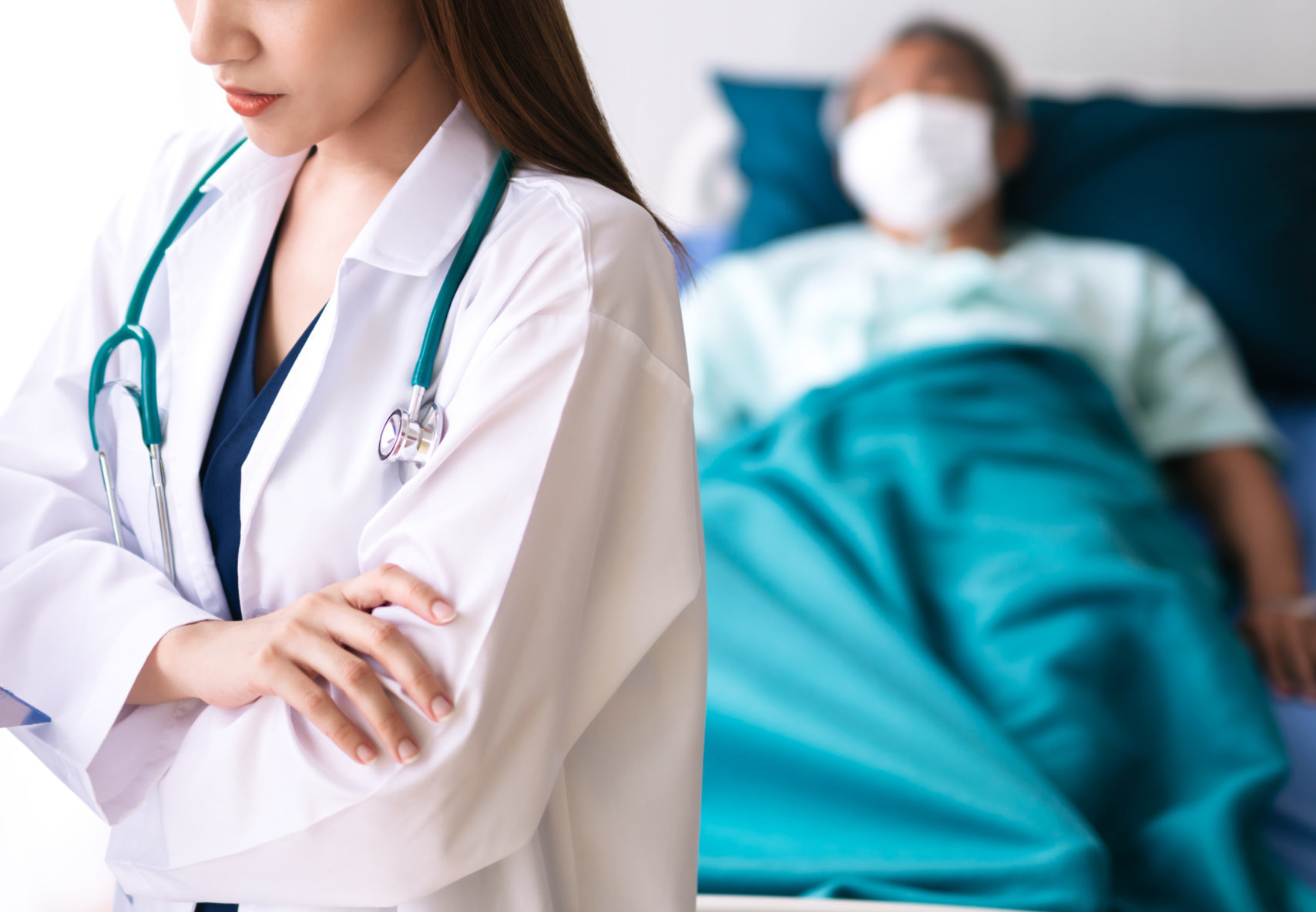Author: Dr. Frank Domino in collaboration with the Pri-Med Clinical Team
We recently hosted a COVID-19 Expert Panel Discussion* during our first full-day virtual CME conference, PrimaryCareNOW. Primary care expert, Dr. Frank Domino, asked infectious disease specialists, Drs. Paul E. Sax and Laila Woc-Colburn, common questions to help get key clinical insights you can apply in your practice today.
How accurate is nasopharyngeal RT-PCR testing?
This test is technically very sensitive and specific; in practice, the sensitivity goes down to about 70% due to variations in sample collection. If it doesn’t feel uncomfortable for the patient, it isn’t being done correctly.
Can you talk about serologic testing?
Most insurers are not paying for serologic tests. In the primary care setting, the indication for obtaining serologic testing is currently reserved for those who have had a documented infection and want to donate sera. It remains unclear whether or not the infection can recur, thus having a documented IgG should not “free up people” from social distancing. Reinfection remains a possibility, just as with other viruses. It is unclear if this is due to viral mutation or if immunity wanes over time.
What tests should be obtained for COVID-19-positive patients?
No further testing is needed for patients testing positive for COVID-19 unless they experience a worsening progression of symptoms or are at high-risk for complications (over the age of 80, immunosuppressed, etc.). If you do decide to perform further testing, a pulse oximeter, D-dimer, ferritin, lactate dehydrogenase, platelet count, fibrinogen, and chest x-ray may be considered.
What are the current recommendations for returning to a non-isolation status?
The CDC recommends that isolation be maintained for at least 10 days after illness onset and at least 3 days (72 hours) after recovery. Illness onset is defined as the date symptoms begin. Recovery is defined as resolution of fever without the use of fever-reducing medications and with progressive improvement or resolution of other symptoms.
What should we encourage patients to do to reduce transmission?
- Masks: For the general population, when there is the potential to be within 6 feet of others, a cloth mask is likely adequate. If an individual is in a high-risk setting, a medical mask or n95 respirator is better.
- Gloves: These are not needed when handling things at the store; instead, individuals should wash their hands with soap and water and use alcohol-based disinfectant when able.
- Bags and boxes: These do not need to be wiped down or disinfected before being touched. Individuals should simply wash their hands when they are done handling outside objects.
What treatment options would you recommend for mildly symptomatic patients?
You can recommend that patients try to lie in the prone position. If it feels better, then they should continue to do so. Patients with asthma or COPD can use steroids as needed. However, steroids are not currently recommended for the general population. COVID-19-positive patients should be educated that shortness of breath at rest can develop quickly; thus, they should be encouraged to go to the emergency department if there is any significant change in breathing difficulty.
Do you have any comments on convalescent sera, remdesivir, etc.?
Theoretically, convalescent sera might have the potential to help prevent acutely ill patients from decompensating, and multiple trials are ongoing. The study involving remdesivir was stopped prematurely when intermediate outcomes showed that it shortened the time to recovery in patients with COVID-19, but there was a non-significant difference in mortality outcomes.
What are your thoughts on the general public’s concerns over the virus mutating?
People are talking about viral mutations because new clinical symptoms arise in different populations. As a virus goes through different populations, we track it through phylogenetics; these changes are not a mutation, they are more like a fingerprint. There is currently no evidence that the SARS-CoV-2 virus is mutating.
Additional Resources
- Annual Review of Virology: Seasonality of Respiratory Viral Infections
- Infographics from Emory Medical School
- CDC data
- NIH Treatment Guidelines
The full free COVID-19 Expert Panel Discussion is available to watch on-demand. Earn CME/CE credit and get key COVID-19 insights today.


